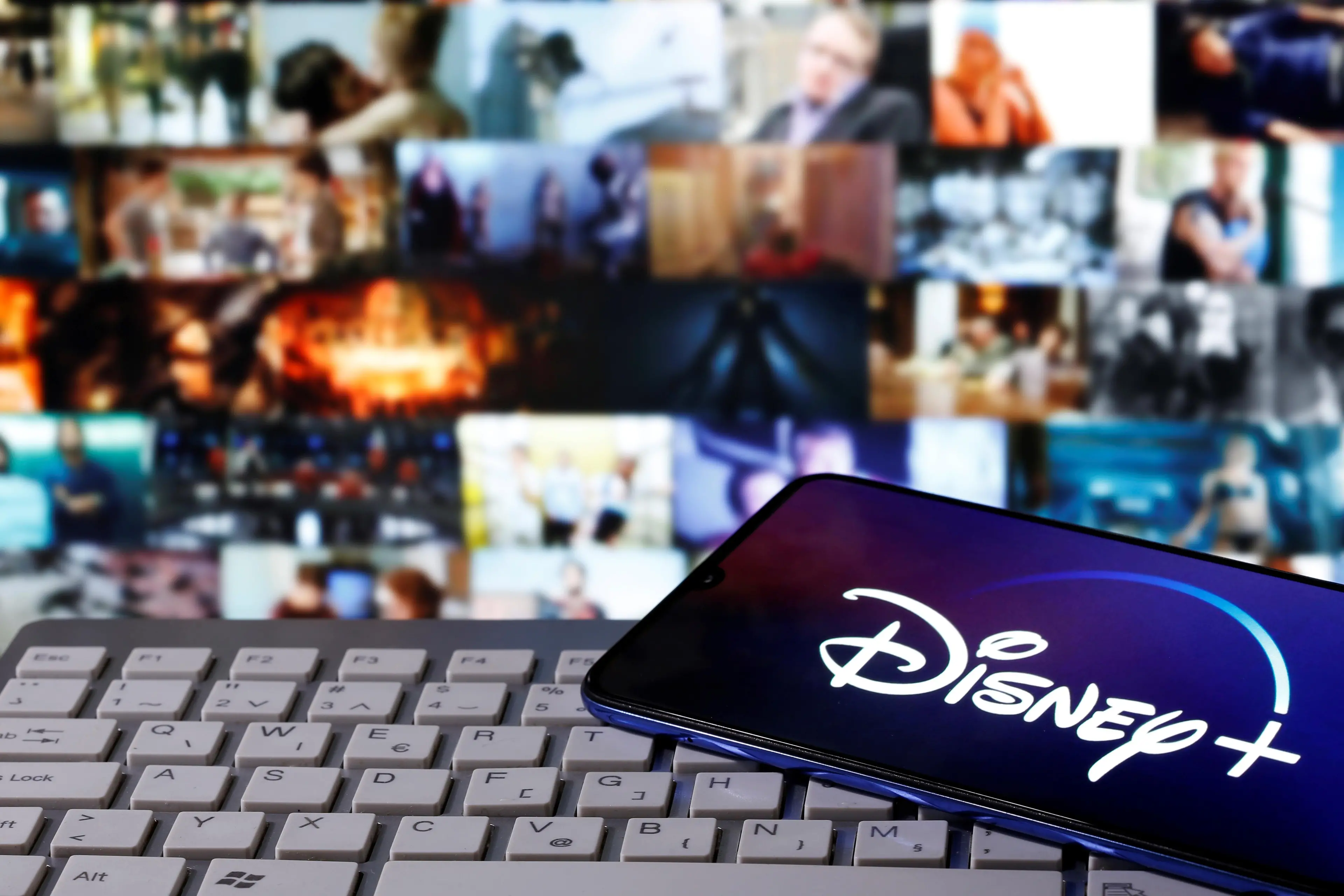PHOTO
(The author is a Reuters Breakingviews columnist. The opinions expressed are her own.)
NEW YORK - Walt Disney is going part Netflix. The $226 billion company is moving responsibility for distribution and profitability of all its content under one unit with a new leader. That knocks powerful movie studios and sports channels down a few pegs, and sets the company led by Bob Chapek up to focus on streaming its wares direct to consumers.
The company's media networks and movie studios represented nearly 60% of $50 billion in total revenue for the nine months ending in June. While films, general entertainment and sports content will still be created separately, the task of selling all of them now falls to Kareem Daniel, one of Disney's top consumer executives, with a bent toward streaming services Disney+, Hulu and ESPN+.
It's a blow for traditional distribution partners like movie-theater chains and possibly its own cable and broadcast channels. It also reduces the chances of empire-building and feuding among studio heads, network executives and sports programmers. Those leaders still report directly to Chapek, but they have now lost their historical grip on the financial success of their fiefdoms.
Since Chapek took the reins in late February, Disney has been forced to shutter its amusement parks, rethink theatrical film releases and come to grips with the oddball experience that is now live sports. Disney’s stock has suffered as a result: It's down 13% year-to-date compared to Netflix, whose shares are up 65%.
But even if the coronavirus existed only in a disaster movie, streaming would still be the main event. Pushing for greater focus on digital distribution is one of the reasons activist Dan Loeb’s Third Point has taken a stake in the company. Disney+ has been a smashing success since its November launch, far outrunning even internal targets with 60 million subscribers so far.
The part of the revamp that's not influenced by Netflix's success is Disney's other big business, theme parks. That division, another facet of the company's storied past, remains intact. Much of the rest of its history, be it movie studios or live TV sports, is now being cannibalized to feed a streaming future.
CONTEXT NEWS
- Walt Disney on Oct. 12 announced a strategic reorganization it said would better fit the needs of its direct-to-consumer products, including Disney+, Hulu and ESPN+. Under the new structure, Disney will separate the development and production of programming from distribution.
- Its movie studios, general entertainment and sports units will continue to produce content, while distribution and commercial activities for all three will now be centralized into a single, global unit encompassing media and entertainment distribution.
- Kareem Daniel, formerly in charge of consumer products, games and publishing, will oversee the new group, which will have sole profit-and-loss responsibility for Disney's media and entertainment businesses. Disney's theme parks will continue to operate with no change to their structure.
- Separately, Disney said it will hold a virtual investor day on Dec. 10. The company is scheduled to report third-quarter earnings on Nov. 12.
(The author is a Reuters Breakingviews columnist. The opinions expressed are her own.)
(Editing by Richard Beales and Amanda Gomez) ((jennifer.saba@thomsonreuters.com; Reuters Messaging: jennifer.saba.thomsonreuters.com@reuters.net))





















